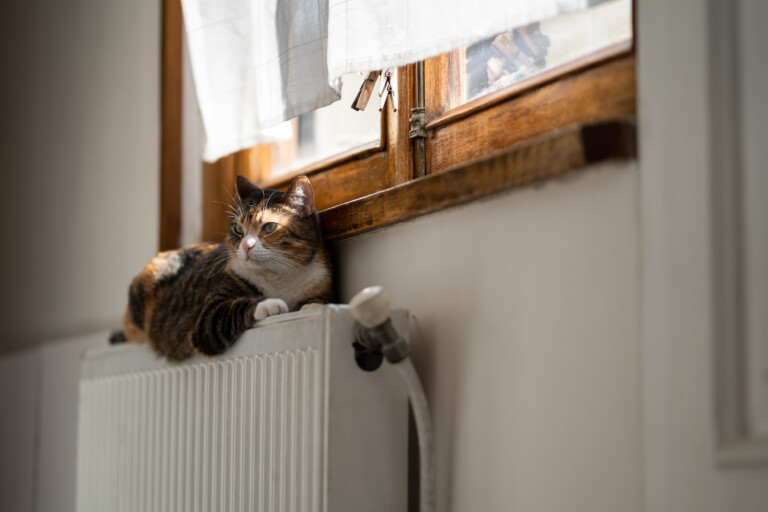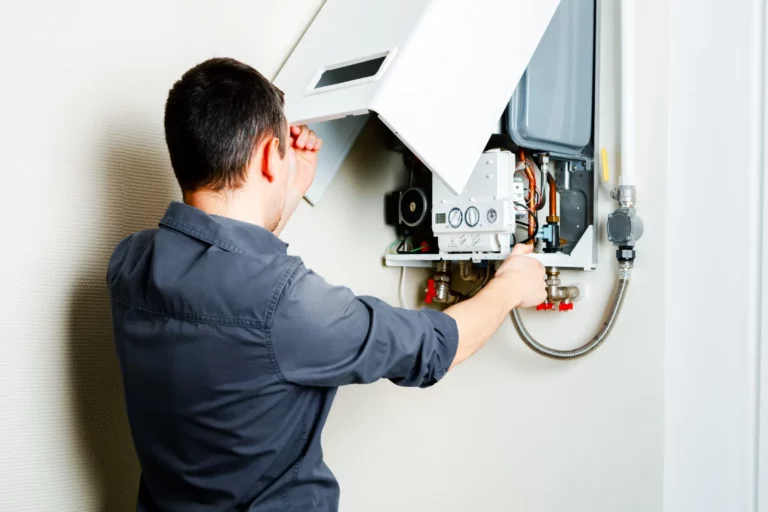A practical guide to comparing boiler cover packages
3rd August 2023


Call us 0116 366 5664
16th September 2022

Even with the news that the government is going to limit the cap on energy bills, the tariffs have still doubled since last year. Plus, it’s only a matter of time before there will be a public campaign to encourage us all to save energy.
So, when you’re seeing this happen, you’re likely asking yourself the question: Should I get a new boiler to reduce energy costs? It’s a decent sum up front (it’s actually not that expensive and finance is available), but will it pay for itself quickly and then start saving me money in the long run?
If this is where you’re at, then you probably have three things to consider before making the big decision to invest in a new system. Let’s go through them one by one.
Most modern boilers should have an energy efficiency sticker on the boiler or in the pack that you were given when you bought it. The rating will be clearly displayed here.
Or, if you have an older system, check under the boiler where the pipes come out, and under the flap at the front where the dials are. Here you should find a small sticker or plate with the exact model.
Once you have the model, the best place to check the rating is to go to the Product Characteristics Database (PCDB). This is a comprehensive website with nearly every boiler ever made and it’s usually easy to find your boiler efficiency figure here. Look for the seasonal efficiency figure, which gives you the best idea of how your system performs throughout the year.
Older boilers can have an energy efficiency rating as low as 60%, which is a G rating. This means you’re wasting 40% of the energy you’re paying for.
New boilers must be A-rated, which means you’re wasting no more than 10% of your energy. These modern boilers are more efficient because they are ‘condensing’. This means they are recovering more heat from the exhaust flue gas.
So, what does this all mean for your bank balance?
Your boiler is responsible for more than half of what you spend each year on energy. So, if your boiler is rated at, say, 70% efficient, this means that out of every £1 spent on heating, 30p is on wasted energy. You lose only 10p for every £1, however, with an A-rated, 90% efficient boiler.
If you do the maths, an A-rated boiler makes a lot of sense as bills rise. If you’re using a 20-year-old boiler currently, the chances are that this winter you will be burning some serious cash.
Now, let’s not be too hasty with replacing your boiler, at least not just yet. The system you have now could be more energy efficient with a little help. Here are five things we can help you with for starters
A new system every 12 to 15 years is a sound investment that will more than pay for itself. So, first things first, there are, broadly speaking, three main types of boilers you can get our engineers to install in your home
The one you go for depends in large part on how much hot water your household uses, but it’s also important to consider things such as the age of the rest of your current heating system and the pressure of your mains water supply. Our engineers can help you work this out.
Even though they are limited now, the energy price rises are worrying a lot of us, but there are ways to keep a lid on them. To recap, you can improve the performance of your current heating system or invest in a new boiler that will save you in the long run.
In the next few weeks, we’ll be sharing as much up-to-date advice as we can on how to save energy and limit the increases in your energy bills. In the meantime, please give us a call if you’d like more advice. Whether it’s buying a new boiler or improving the performance of the one you have now, our qualified and experienced engineers are here to help.
Need help with your boiler or heating system? Contact us today